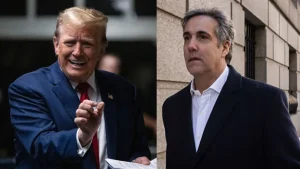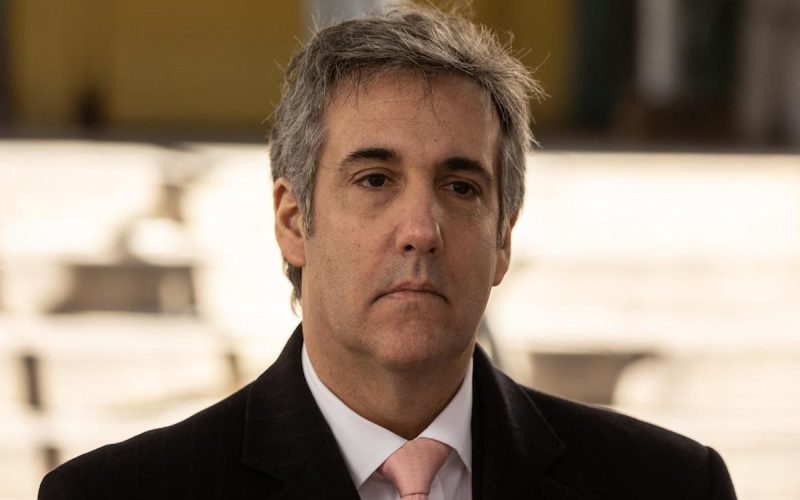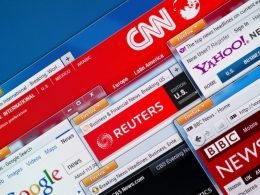Introduction
On May 13, 2024, former Trump attorney Michael Cohen took the stand in Manhattan Criminal Court to deliver his most detailed account yet of the 2016 hush money scheme. His testimony spelled out, in clear terms, how Donald Trump directed payments to silence two women and then reimbursed Cohen through false invoices. Media outlets and prosecutors hailed this as a turning point—Cohen’s testimony directly linked Trump to every step of the plan, from the initial payments to the cover-up in Trump Organization records. In this article, we’ll explore Cohen’s background, the key moments of his testimony, and why his words have reshaped the legal and political narrative around the former president.
Who Is Michael Cohen and Why His Words Matter
Michael Cohen served as Donald Trump’s personal lawyer for more than a decade. He handled sensitive matters that ranged from real-estate deals to personal disputes. In August 2018, Cohen pleaded guilty to eight federal charges, including campaign-finance violations for arranging hush money payments and lying to Congress about the Trump Tower Moscow project. His plea agreement required cooperation with prosecutors, making him a crucial insider witness. Because Cohen had direct contact with Trump regarding the payments, his courtroom statements carry more weight than second-hand testimony.
The Origins of the Hush Money Scheme
In the weeks before the 2016 election, two women—Stormy Daniels and Karen McDougal—threatened to go public with stories of affairs they said they’d had with Trump. Cohen arranged a $130,000 payment to Daniels in October 2016 and negotiated a separate $150,000 deal for McDougal . Prosecutors argue these payments were unreported campaign contributions, designed to protect Trump’s electoral prospects. Cohen used his own bank accounts to front the money, then submitted false legal-expense invoices to the Trump Organization for reimbursement. This sequence created the false record-keeping at the heart of the criminal charges against Trump.
“Just Do It”: Direct Orders from Trump
One of the most explosive moments in Cohen’s testimony came when he described Trump’s exact words. Cohen testified that Trump told him, “Just do it,” referring to paying off Daniels to keep her story quiet during the campaign. Cohen said these words were spoken in Trump Tower, in front of his personal aide, reinforcing that Trump was not merely aware of the plan but an active participant. That admission countered Trump’s repeated public claims of ignorance about the payments. By placing Trump at the scheme’s center, Cohen’s words bridged the gap between allegation and proven direction.
The Mechanics of the Cover-Up
Cohen detailed how he submitted phony invoices for legal services that never occurred. He explained that the Trump Organization’s finance team, including senior executives, approved reimbursements totaling $420,000—double the Daniels payment plus a bonus—by labeling them as work on other matters. On cross-examination, Cohen admitted to stealing from the company by inflating expenses, but prosecutors used that to show how integral the cover-up was to the organization’s day-to-day operations. These revelations clarified how the records were falsified and who signed off on them.
Linking Trump to Every Step

Throughout his testimony, Cohen emphasized that he would never have acted without Trump’s direction. He said Trump “micromanaged” the scheme, from arranging the first payment to approving the invoices afterward. By tying Trump’s name to each phase, Cohen filled in details that documents alone could not—such as phone calls, in-person meetings, and Trump’s specific instructions. This insider perspective gave prosecutors the narrative framework they needed to argue that Trump personally orchestrated an illegal campaign-finance cover-up.
Impact on the Trial and Conviction
Cohen’s testimony became the backbone of the prosecution’s case against Trump, who was charged with 34 counts of falsifying business records. Juries weigh evidence like documents, recordings, and witness testimony; Cohen provided all three. His detailed account helped jurors understand not just that payments occurred, but why and under whose orders. In April 2024, Trump was convicted on all counts. The judge later cited Cohen’s credibility and consistency when sentencing Trump’s co-conspirators, noting that Cohen’s insider knowledge clarified the “who, what, where, when, and why” of the scheme.
Political and Legal Fallout
Beyond the courtroom, Cohen’s testimony reverberated through Washington and state capitals. Several state attorneys general launched or expanded investigations into the Trump Organization’s practices, including insurance and tax matters uncovered by the same document subpoenas. Public opinion polls showed a temporary decline in Trump’s approval ratings as voters absorbed the new details. Meanwhile, Trump and his allies continued to question Cohen’s truthfulness, pointing to his prior lies and convictions. Yet the sheer volume of corroborating evidence limited the impact of those attacks.
Lessons from Cohen’s Account
Michael Cohen’s saga offers broader lessons about transparency and accountability:
- Insider Cooperation Matters: First-hand witnesses can link documents to real actions, giving prosecutors a complete story.
- Record-Keeping Is Key: False invoices and misleading entries can carry as much weight as phone recordings in proving intent.
- Leadership Responsibility: When leaders direct illegal acts, both they and their organization face severe penalties.
These takeaways extend beyond politics, reminding businesses and public officials that ethical shortcuts often lead to lasting consequences.
Conclusion
Michael Cohen’s testimony has cemented his role as the linchpin connecting Donald Trump to every aspect of the 2016 hush money scheme. By revealing direct orders, detailing phony records, and recounting personal meetings, Cohen transformed abstract allegations into a vivid, coherent narrative. His insider view helped secure a historic conviction and set in motion new investigations into the Trump Organization. While debates over his credibility persist, there is no doubt that his words under oath reshaped how the public and legal system view accountability at the highest levels. Cohen’s saga stands as a powerful reminder: leaders who orchestrate secrecy and cover-ups must eventually face the light of transparency.










